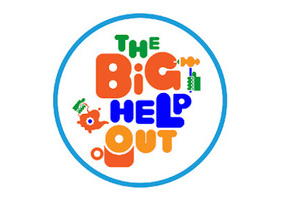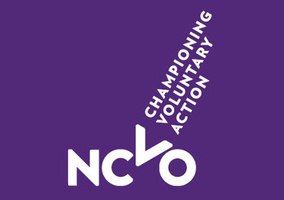Global majority volunteers are twice as likely to feel excluded than volunteers overall (12% to 6%), according to a new report from NCVO.
Time Well Spent 2023: Volunteering among the Global Majority aims to address an “evidence gap” in the experiences of those from a global majority.
Global majority refers to all ethnic groups except white British and white minorities and is a term the membership body adopted in place of “ethnic minorities” earlier this year.
The study found that global majority volunteers satisfaction remains high (86%) but is still lower than volunteers overall (92%).
Moreover, global majority volunteers are less likely to feel a sense of belonging to the organisation they volunteer for (77% to 84%).
Over two-thirds (69%) of global majority volunteers say they are likely to volunteer in the next 12 months compared to 77% of volunteers overall.
The research also found that global majority non-volunteers are more interested in volunteering than the overall population, with one in five (20%) having looked for volunteering opportunities in the last year compared to just 12% of non-volunteers overall.
Main barriers for global majority non-volunteers
The report found that the main barriers for global majority non-volunteers were related to time, commitment, and the worry that they would not fit in.
Non-volunteers are defined as people who have not volunteered in the last 12 months.
Disabled non-volunteers are much more likely to see not fitting in as a barrier, the report found.
Global majority non-volunteers are more likely to consider volunteering if it benefits their career or job prospects, and value a quick and easy entry process.
A higher proportion of Asian non-volunteers said they had been put off volunteering by a negative experience compared with Black respondents (7% to 3%).
Global majority non-volunteers are less likely to say nothing would encourage them to get involved compared to non-volunteers overall (14% to 21%).
Having their expenses paid for is more likely to encourage global majority non-volunteers to start volunteering, according to the research (15% compared to 11% of non-volunteers overall).
In a panel discussion accompanying the event, Paul Harvey, head of volunteering at Voluntary Action Sheffield, said people can feel “poor and needy asking for expenses” so advised listeners to get into the habit of asking volunteers if they have submitted theirs.
Karis Morris-Brown, workforce development manager at Black Cultural Archives, said “I could definitely see myself” in the report.
‘First research of its kind’
Sarah Vibert, chief executive of NCVO, said: “This research is the first of its kind, and we’re proud to be adding to the body of evidence that builds a better understanding of volunteering. The data tells an interesting perspective on how people from the global majority experience volunteering, and poses questions for how we apply the learnings and continue to build further understanding in the future.
“It’s important that we continue to learn and explore the experiences of people from the global majority. For now, though, this is an important first step and we hope it will help organisations enhance the experiences of volunteers from the global majority.”
The findings of the report are based on a main sample of 7,006 survey respondents from nationally representative demographics and a “boost” sample of 1,454 adults aged 18 and over in Great Britain from a global majority.
The report series was funded by the Department for Culture, Media and Sport (DCMS).













